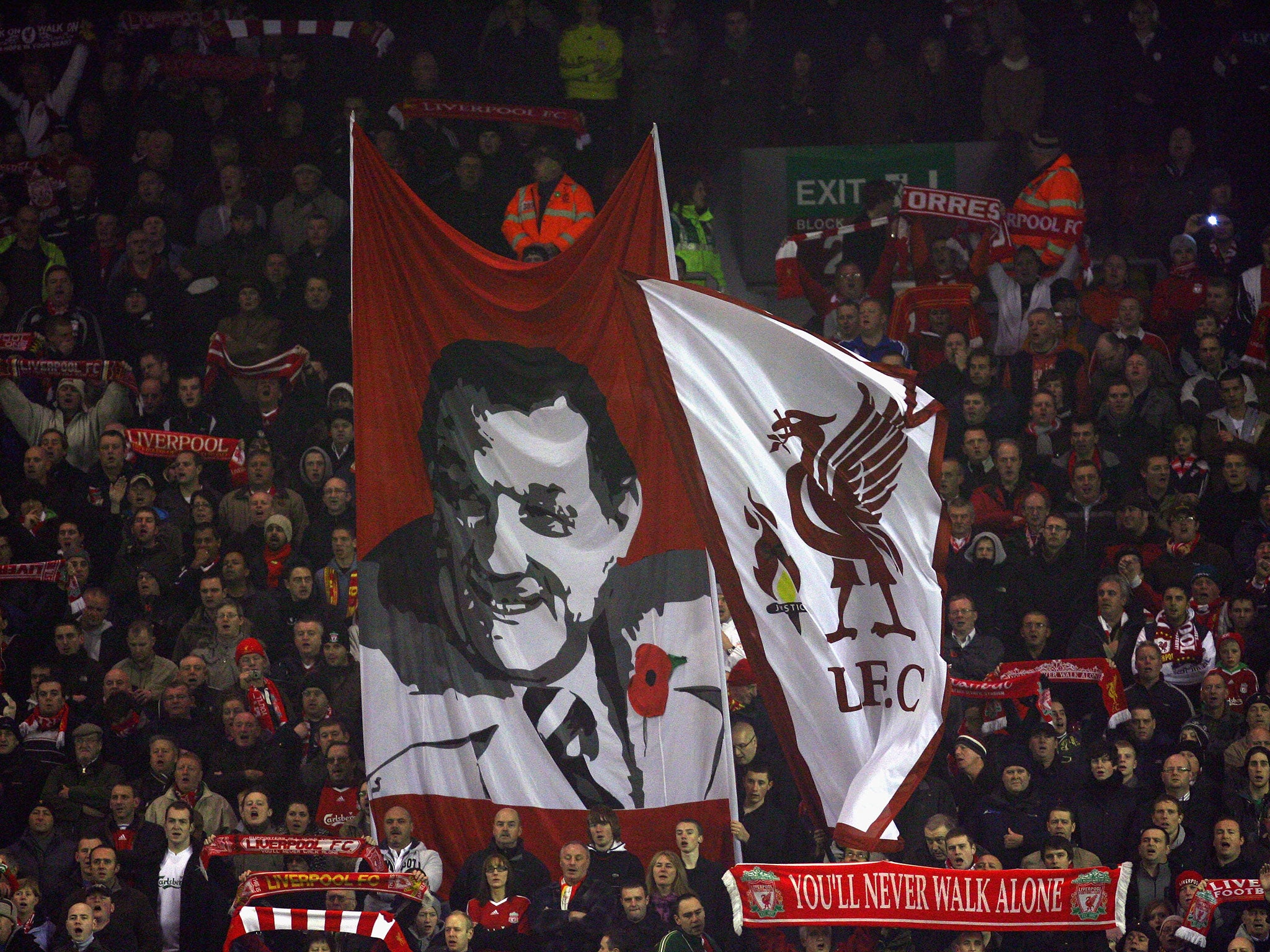Bob Paisley’s hard edge and eye for talent at Liverpool recalled on 20th anniversary of death
Bob Paisley, who died 20 years ago on Sunday, won 19 trophies in nine seasons as Liverpool manager

In a world when football managers are the supreme communicators from dressing room to press conference room, Phil Neal’s story of the day Bob Paisley gathered his players around the tactics board at Liverpool’s Melwood training ground is a throwback.
“Dave up front,” Paisley declared, as Neal recalls it – the very significant question for Davids Fairclough and Johnson being which of the two of them had the place they craved in the starting XI. Paisley, as was often his wont, had declined to specify. “Which Dave, boss? one of them asked. “Johnson is sub,” replied Paisley, expressionless as he took leave of the room. Johnson thought he was in the form of his life. The striker was devastated.
It was not the only time. Johnson was walking through the team hotel with Kevin Keegan on the morning of the 1977 FA Cup final against Manchester United when Keegan and Paisley exchanged greetings. The manager did not break his stride when he looked at Johnson and said: “You’ll be sub”. Johnson later reflected that “that was Bob, and I have to say there were times as a player when you really didn’t like him”.
It is the 20th anniversary of Paisley’s death on Sunday and as Liverpool struggle to replicate anything like his achievements – an unsurpassed ratio of 19 trophies in nine seasons between 1974 and 1983 – it is a week for reflecting on the value of his clinical, sometimes callous, decisiveness. It was where he actually had the edge on his great predecessor, Bill Shankly, as with his eye for a player. “When it came to buying, there was no one quite like him,” reflects Neal, who will contribute to an evening of reminiscences tonight about Paisley at Southport’s Atkinson Theatre led by the journalist John Keith.
Paisley’s two supreme qualities helped offset what, by common consensus, he lacked in powers of communication. The players called him “Duggie Doins” after a famous team talk in which he struggled to call a player’s name to mind and settled on that instead. His sayings were legend – including, as Neal remembers it, what Paisley called “the far flung one”. “He told us one day: ‘They’ll probably use the far flung one?’ The boys said afterwards ‘what the fuck is that?’ So Tommy Smith asked. ‘What’s this far flung one, boss?’ He’d mumbo jumbo it away but in the end we knew.” Something to do with the long-ball game the Europeans would try.
The lack of airs and graces was part of that philosophy, steeped in a working-class ethic of football, which Shankly laid down. If you became too much of an individual, you were working to the detriment of the team. Paisley signed those who would adhere to this code. Neal thought his chance of the big time had gone when he turned 23 at Northampton Town: the ultimate utility man who had played in every position for that club. But Paisley made him his first signing, paying out £60,000, and Neal played 455 times for the club.
“He never once told me how I must play,” Neal recalls. “I was allowed to be an individual. But he would have a few words to say, of course, if I forgot that I was an individual within a team.”
Join our commenting forum
Join thought-provoking conversations, follow other Independent readers and see their replies
Comments
Bookmark popover
Removed from bookmarks